Partnering with Trusted Providers to Stop Deed Fraud: Understanding Important Industry Standards for Online Notarization

Deed fraud, or property fraud, rates are on the rise across the United States, with devastating and very costly consequences for homeowners. The tactics fraudsters are using to commit these crimes are increasing in sophistication, making it even more difficult to prevent. While deed fraud cases remain relatively uncommon, the harms are significant. The primary residence is the largest asset owned by most Americans, so having it stolen is a catastrophic event.
This post is part of a series about deed fraud and focuses on online notarization's role in preventing it. We will explore why certified remote online notarization (RON) vendors are the only RON platforms you can trust for deed transfer transactions.

Prevent Deed Fraud by Working wIth Certified Vendors
MISMO Compliance
Whether you are a buyer, seller, listing agent, or county recorder, you will likely come across several technology vendors throughout a real estate property transfer. With so many vendors, it can be difficult to know which ones can be trusted.
Thankfully, MISMO, the Mortgage Industry Standards Maintenance Organization, exists to provide common standards across the mortgage industry, including a technology certification process that allows vendors to clearly demonstrate their compliance. MISMO standards are accepted by every type of entity involved in the mortgage process, and they are required by most regulators and housing agencies. Use of MISMO has led to many efficiencies and has reduced errors in the mortgage process.
The PROOFTM online notarization platform is certified MISMO-Compliant, which means that the PROOF platform offers a remote online notarization flow that is compliant with MISMO’s strict standards.
Completing a RON through the PROOFTM platform helps ensure that the notarization process is safe and follows stringent requirements with respect to identity verification, capturing and maintaining a recording of the notary process, audio and video capabilities, record storage, and audit trails.
There are many reasons to choose a MISMO-Compliant RON vendor like Proof:
- Choosing a MISMO-Compliant platform provides greater confidence that the platform is adhering to strict identity proofing and document retention requirements which may exceed the baseline standards in a given state.
- MISMO compliance requires vendors to undergo robust vetting, including disclosure of various platform specifications and completion of a live platform demonstration.
- MISMO certification helps prospective users evaluate the quality of RON vendors and determine if they are capable of handling their RON needs.
While most of the deed fraud experienced today occurs on a quitclaim deed and outside of the traditional mortgage closing, MISMO compliance can help to provide greater assurances around the documents presented to a county recorder, and it protects buyers and sellers later on in the sale.
If a county recorder receives a quitclaim deed completed via RON and is unfamiliar with the platform on which the notarization was performed, checking for MISMO compliance can confirm that the notarization has met industry-leading identity verification and document retention requirements, regardless of what an individual state may require.
The PROOFTM platform is compliant and registered in every state where we offer our services to notaries.
If a question remains, the recorder may also check to ensure that the notary who completed the transaction was authorized to perform RON by checking state databases. If the state requires platform registration before an online notarization technology vendor can offer its services to a notary, the recorder can confirm that the platform used was in fact authorized in the state where the notary is commissioned.
Outside of MISMO, other organizations in the real estate industry like the government-sponsored enterprises Fannie Mae and Freddie Mac have created vendor lists that indicate which platforms have undergone review and meet certain minimum standards. Freddie Mac requires vendors to undergo a due diligence review of their systems and Fannie Mae requires vendors to complete eNote technical compatibility testing with Fannie Mae’s eNote delivery system. While the reviews provided by Fannie Mae and Freddie Mac are not required, vendors that have completed these checks have taken additional steps to comply with the standards and expectations of the mortgage industry.
The PROOFTM platform is included on both Freddie Mac and Fannie Mae’s approved vendor lists.
SOC Compliance
Outside of RON-specific standards and certifications, technology vendors should be going above and beyond to deliver trust to the notarization process. Common among software companies, undergoing a System and Organization Controls 2 Type 2 (SOC2 Type 2) audit is a popular way for companies that handle sensitive customer data to demonstrate they are serious about cybersecurity and privacy.
SOC is a voluntary audit developed by the American Institute of Certified Public Accountants (AICPA) that allows companies to demonstrate to an independent auditor the various controls they have in place to protect customer data across five key pillars: security, availability, processing integrity, confidentiality, and privacy.
Platforms such as the PROOFTM platform that undergo an annual SOC2 Type II audit operate using stringent security standards, and organizations who work with them have a lower risk of facing data breaches or unauthorized access to information. Platforms who do not undergo SOC2 Type II audits do not offer the same level of assurance and transparency.
Why is a SOC2 Type II audit important for a RON platform? RON requires systems to process important customer data that could be damaging if it fell into the wrong hands. By working with a RON platform that has undergone a SOC2 Type II audit, prospective users can verify that the platform has adequate procedures in place to protect the data most important to them.
Thanks to the rigorous standards and expectations required and expected of RON vendors like Proof, many groups across the industry see RON as a key solution to fighting back against property fraud.
Groups such as the American Land and Title Association (ALTA) have come out in favor of using RON for real estate transactions to help prevent fraud. ALTA encourages consumers to take precautions, such as requiring that “the notarization be performed by a vetted and approved remote online notary.”
With RON, parties to real estate documents are protected, as well as the parties who rely on those documents. Platforms that have achieved the necessary certifications and approvals from both state governments and standards bodies provide the safest means to get a document notarized.
Here are some qualities to look for in a RON provider to ensure the safety and security of a real estate transaction:
- Does the platform support all required RON features as determined by individual state laws and regulations? These include: some text
- capturing consent for signatures
- providing a two-way A/V connection and storing the recording;
- requiring identity proofing through a multi-step process;
- providing electronic signature/seal support;
- utilizing tamper-evident technology to prevent and expose alterations to a notarized document;
- providing secure storage of A/V recording and notarial journal on behalf of the notary;
- following all applicable federal, state and local laws about privacy, data security, record retention of electronic records
- Is the platform approved by the state? (where applicable)
- Does the platform offer additional security features, such as encryption of all data, tracking of application access rights, and document authenticity verification?
- Is the platform MISMO-Compliant?
- Is the platform an approved technology service provider by government-sponsored enterprises like Fannie Mae and Freddie Mac?
- Is the platform a technology service provider approved by a wide range of title insurance underwriters?
- Does the platform require training for notaries who use it?
- Does the platform offer tools to make RON easier and more efficient, like in-meeting chat and software integrations?
- Is technical support available?
© 2024 Notarize, Inc. dba Proof.com. The trademark PROOFTM owned by Notarize, Inc. dba Proof.com.














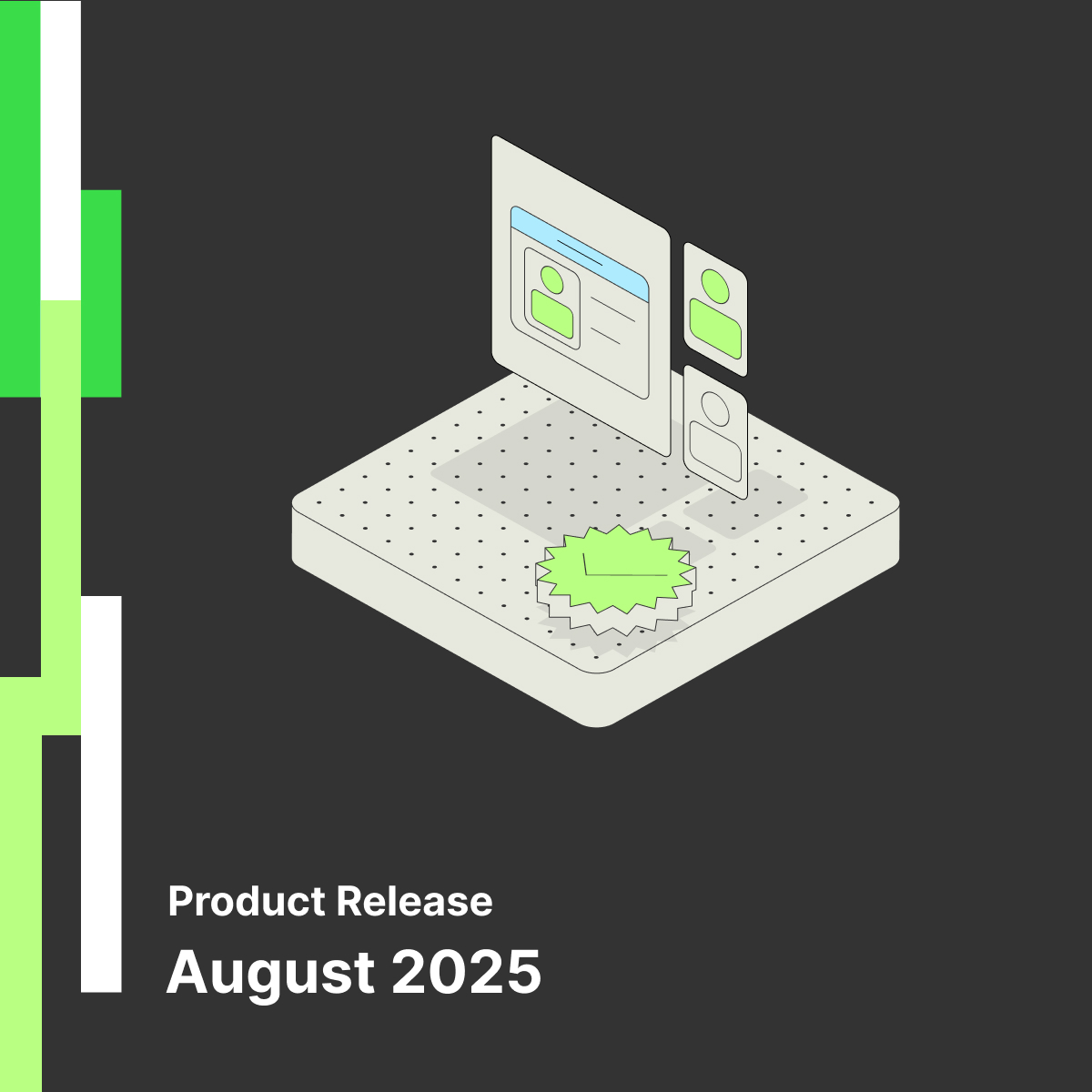

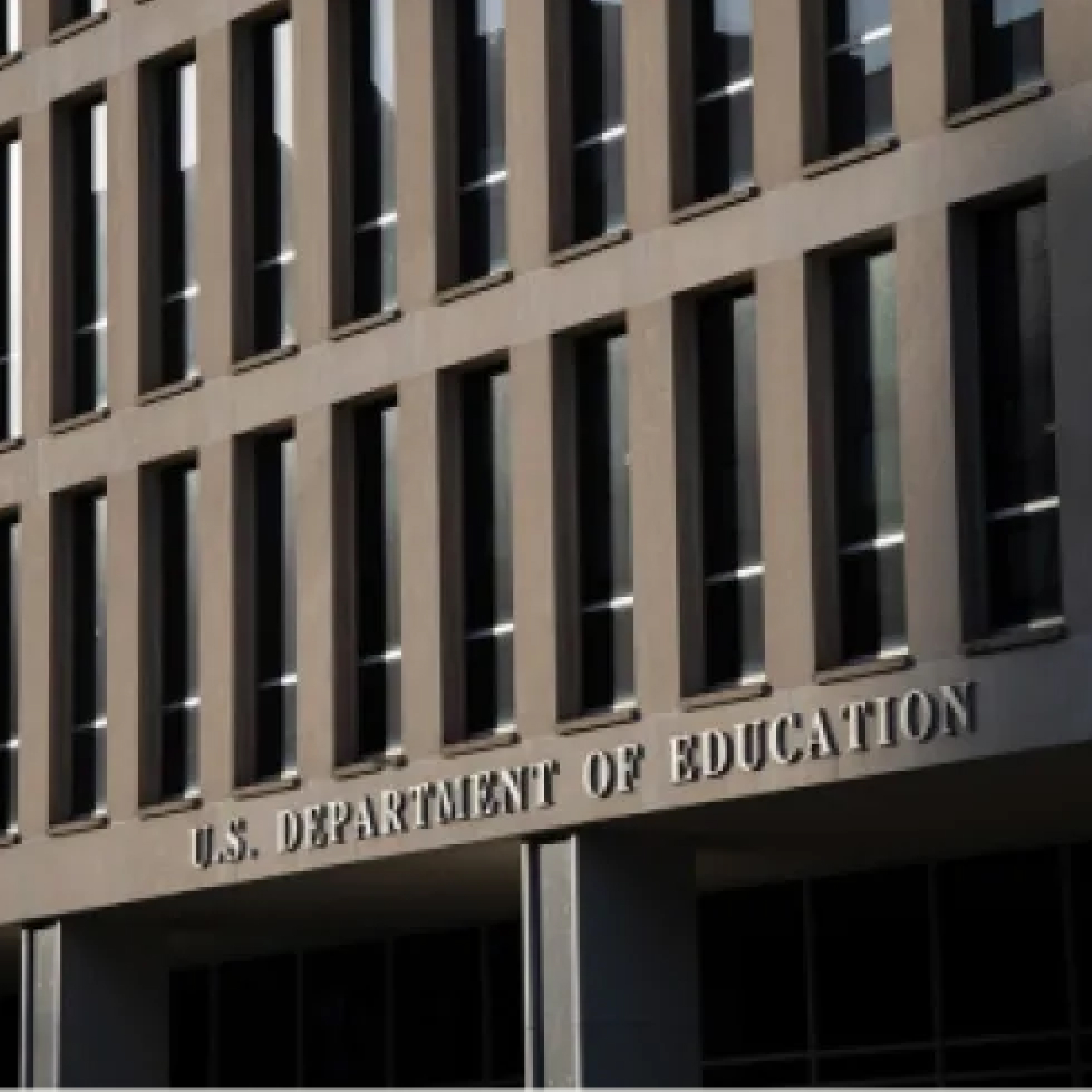



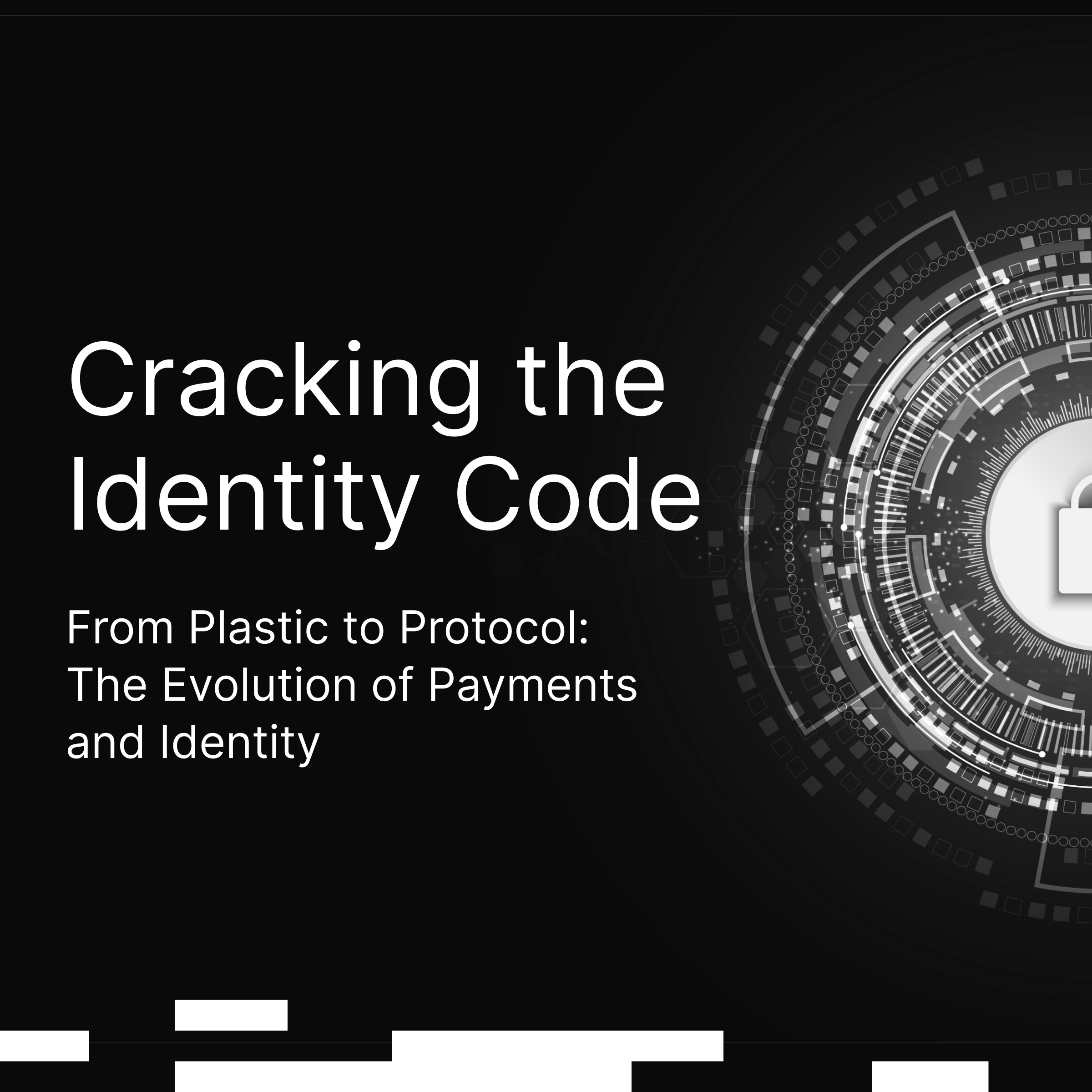

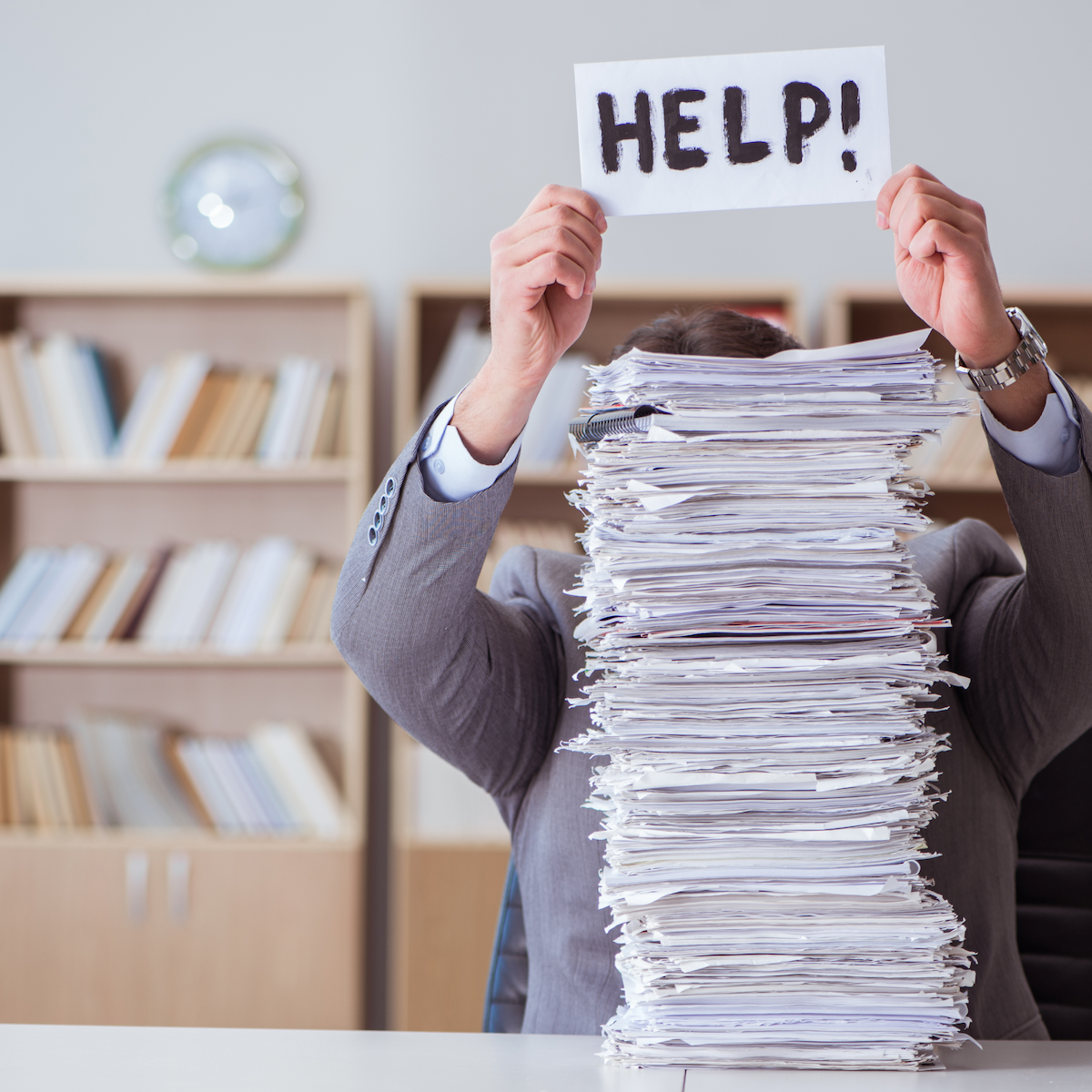
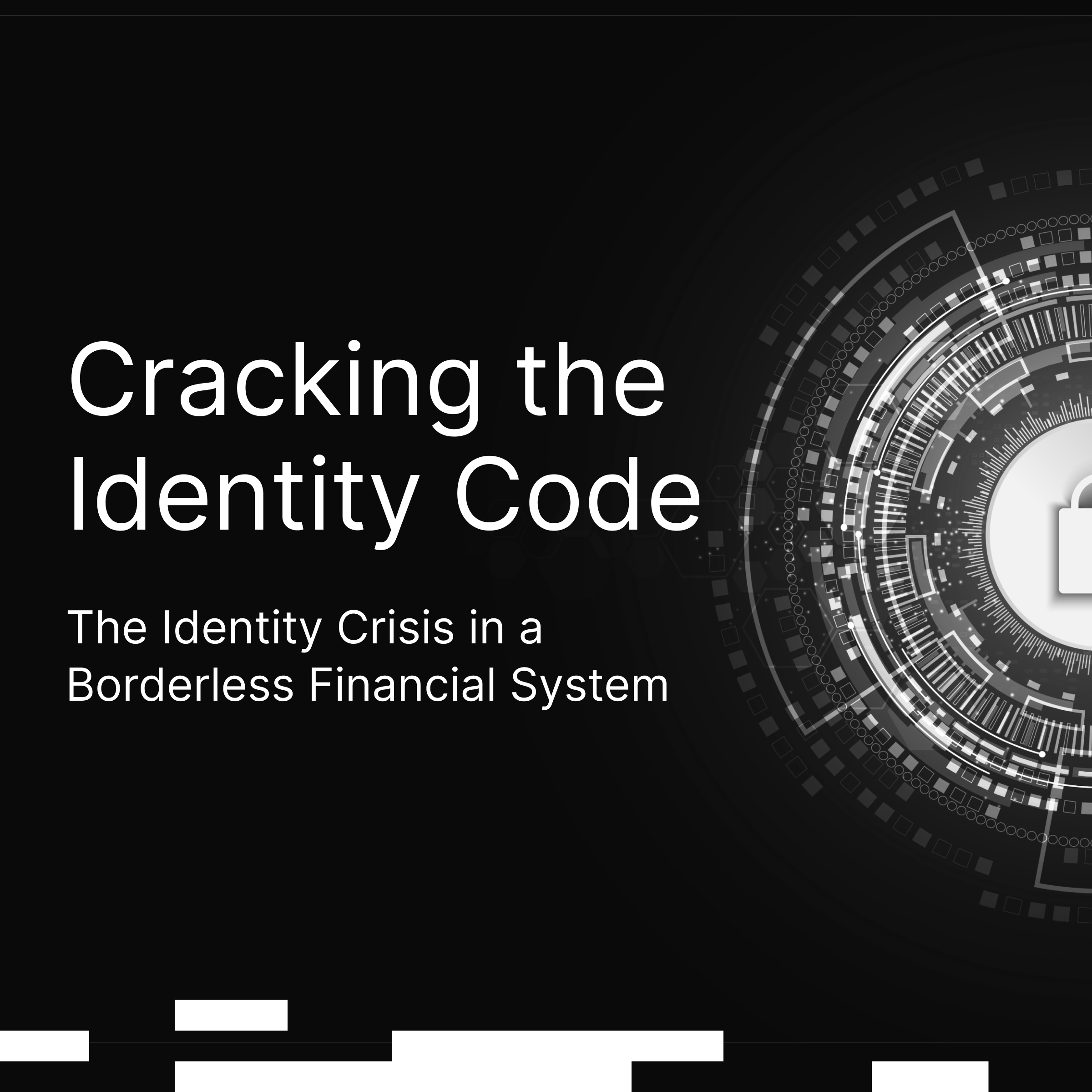
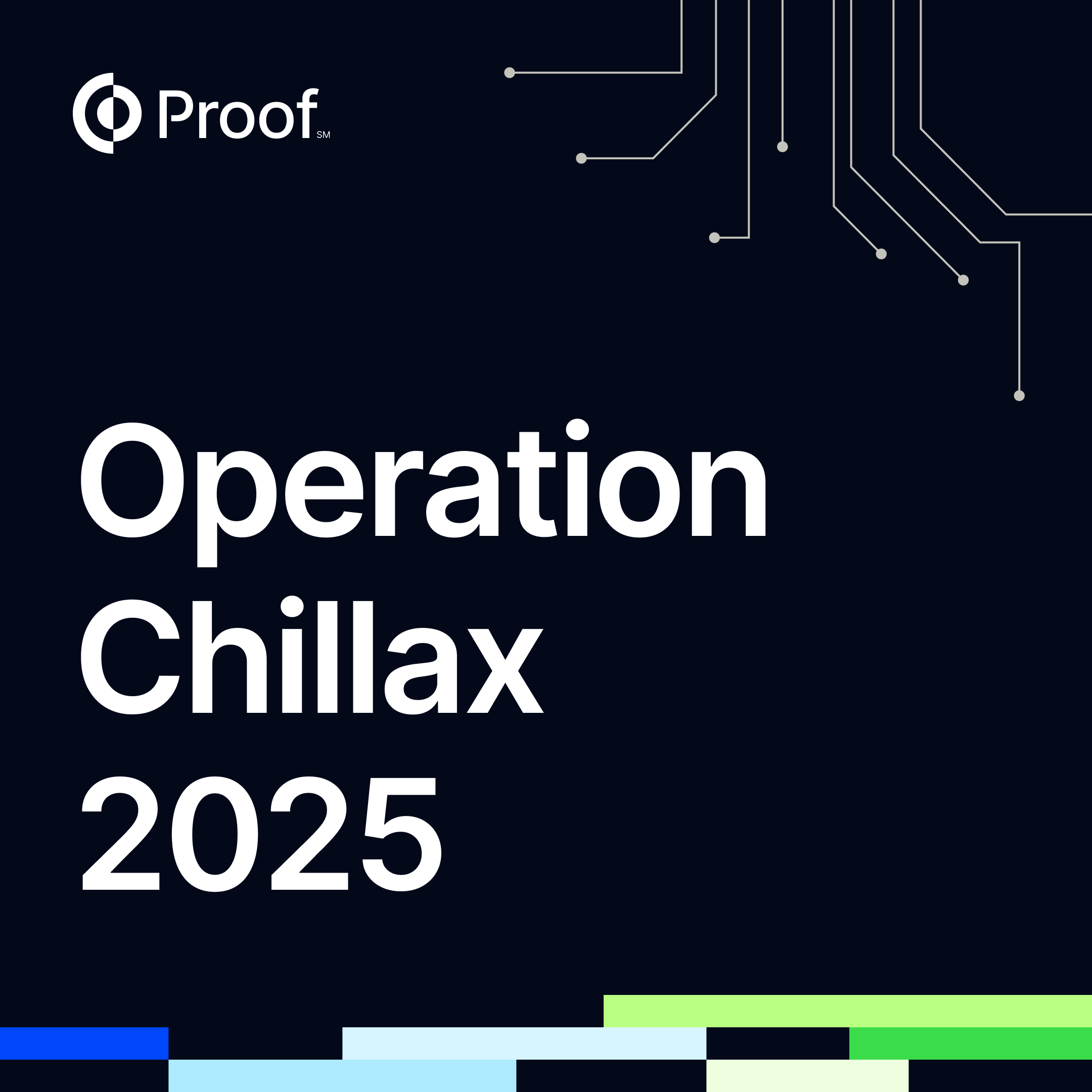



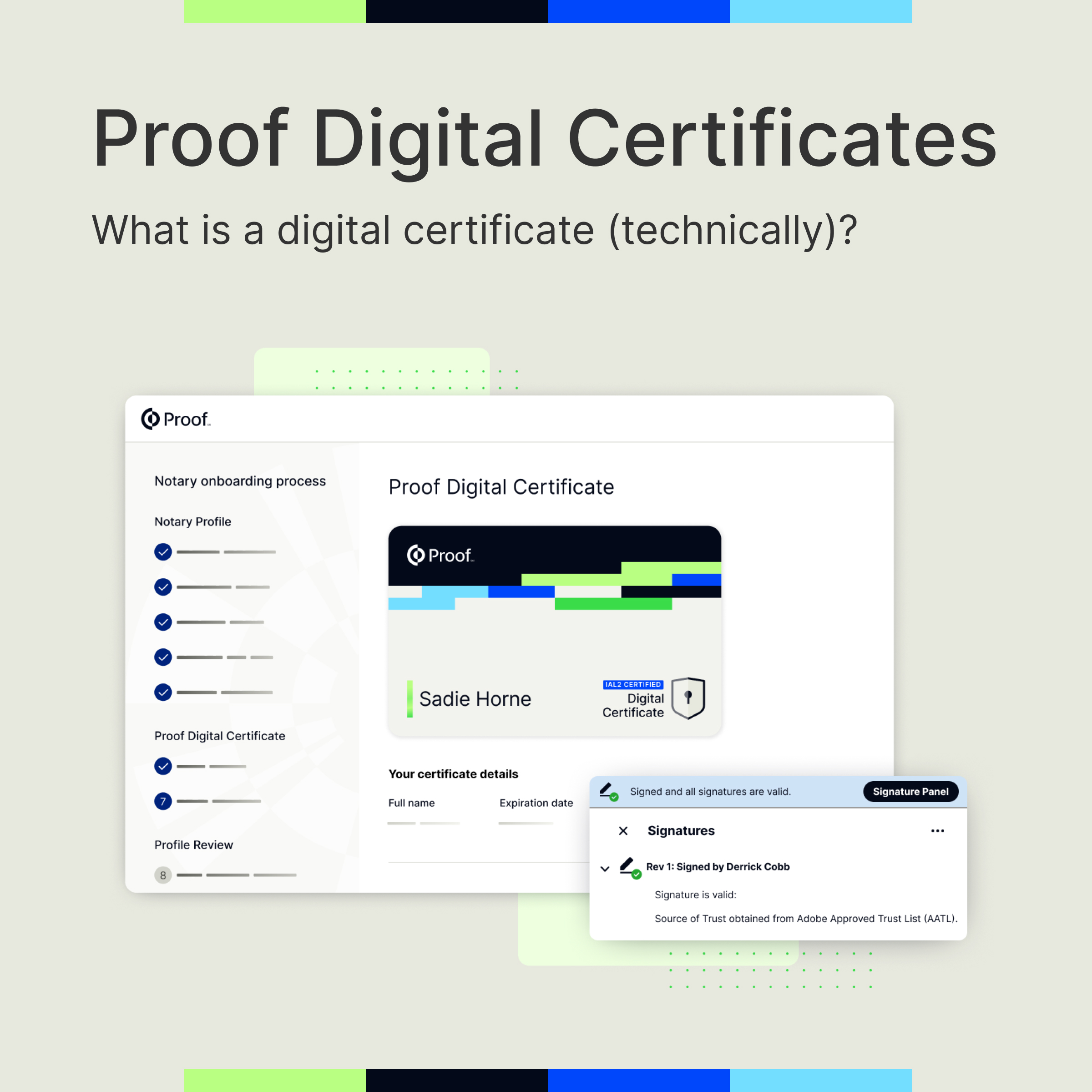


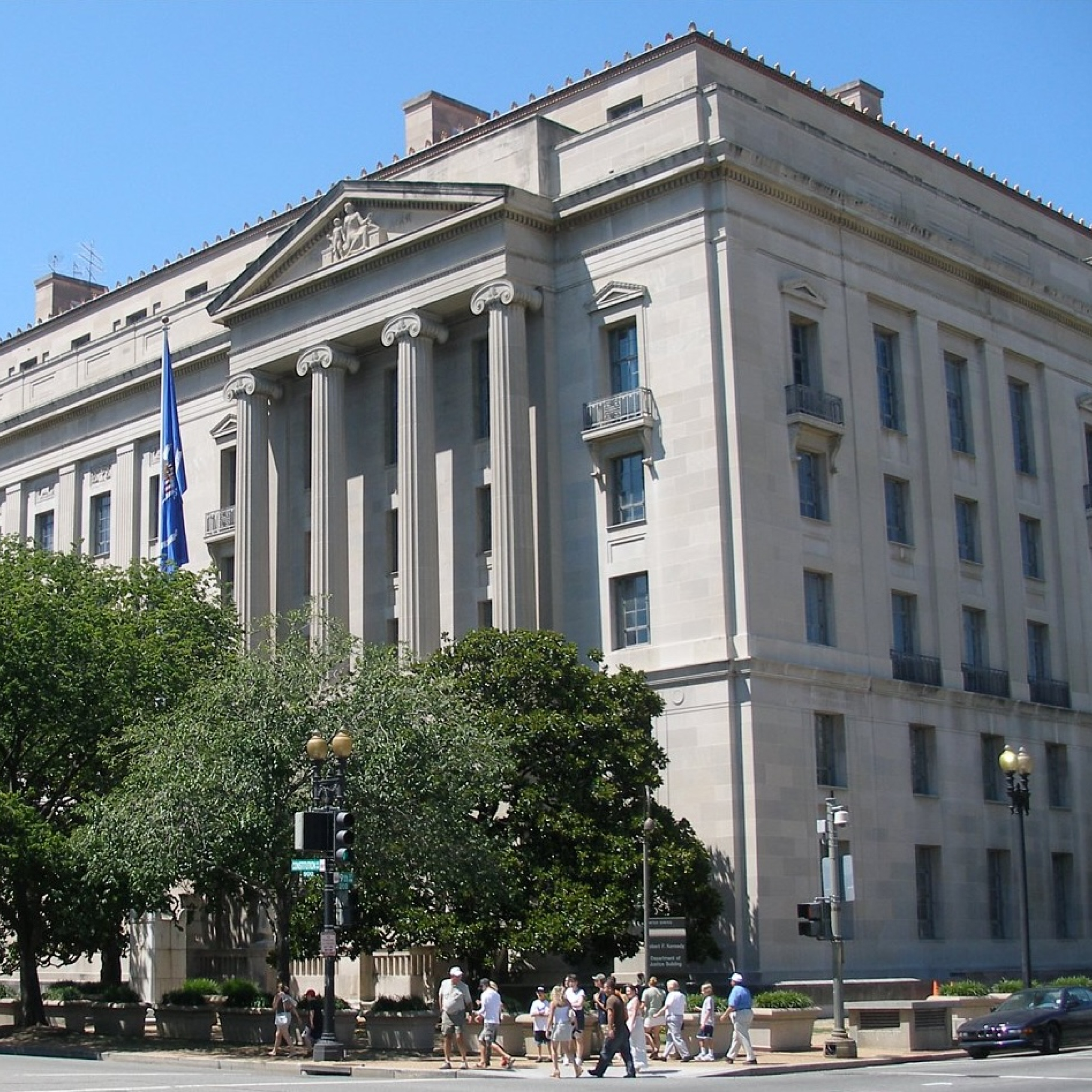
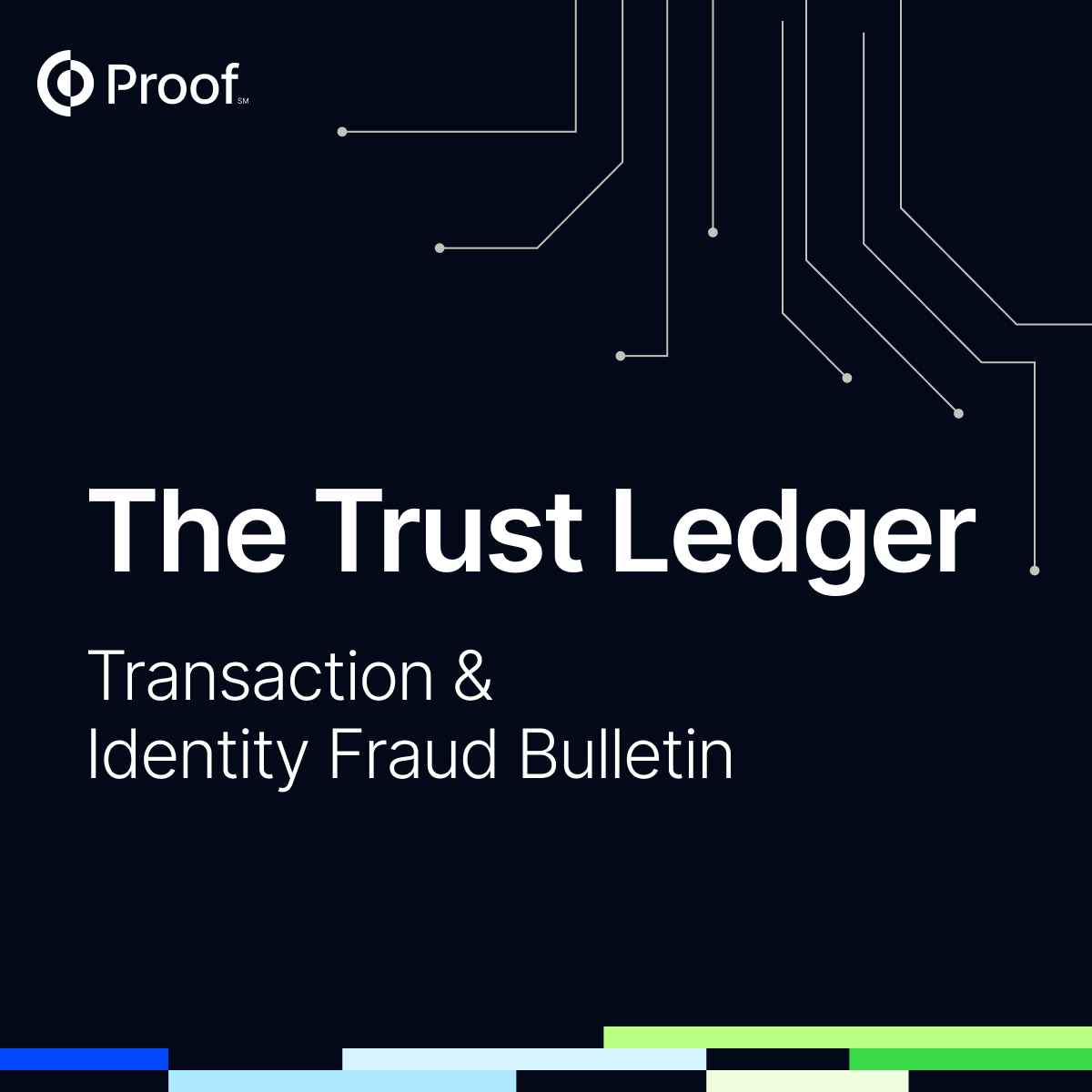

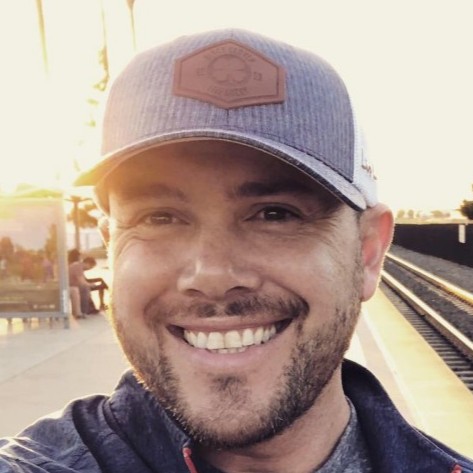









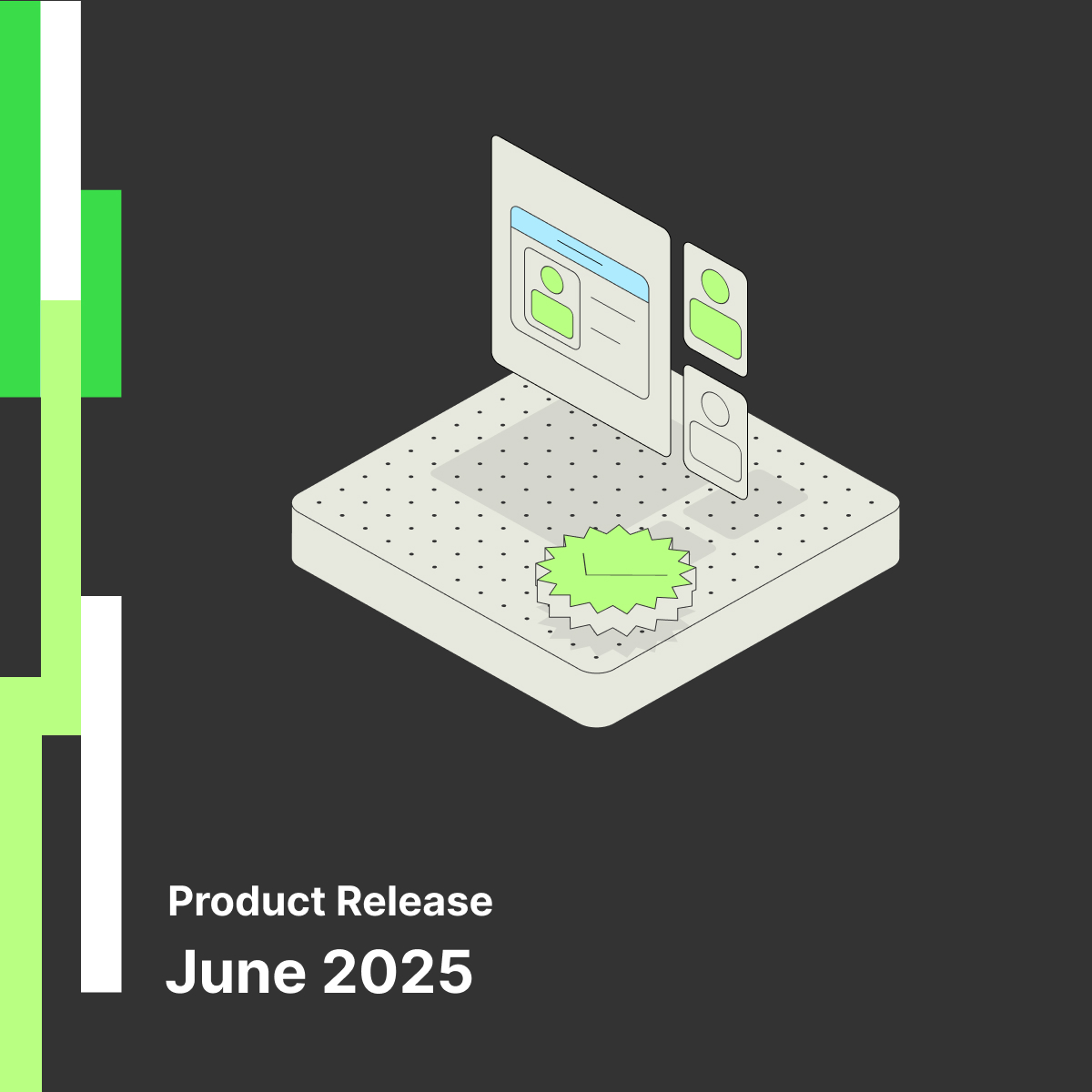




















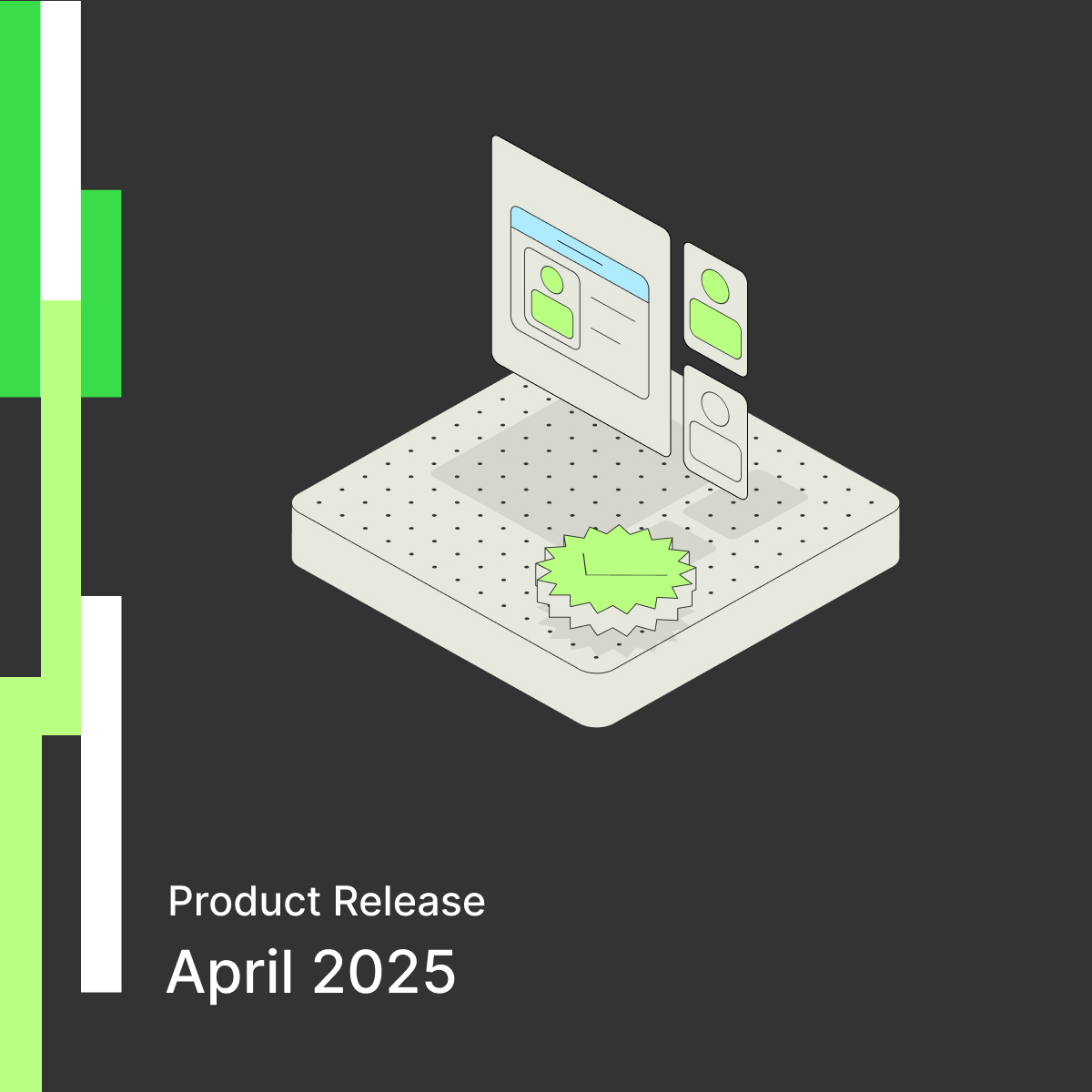













.jpg)





.png)

.png)







.png)















.jpg)













.png)

.jpg)

